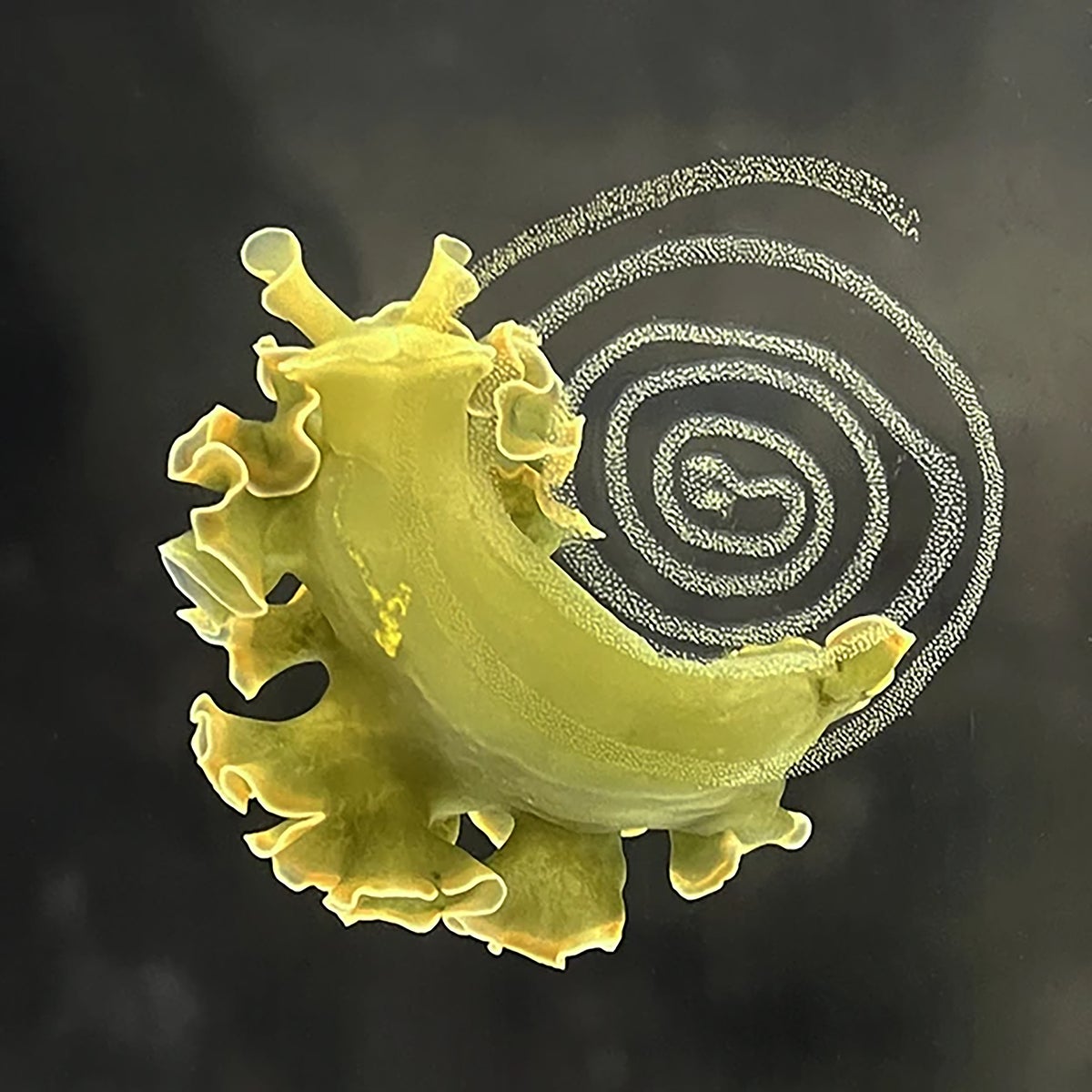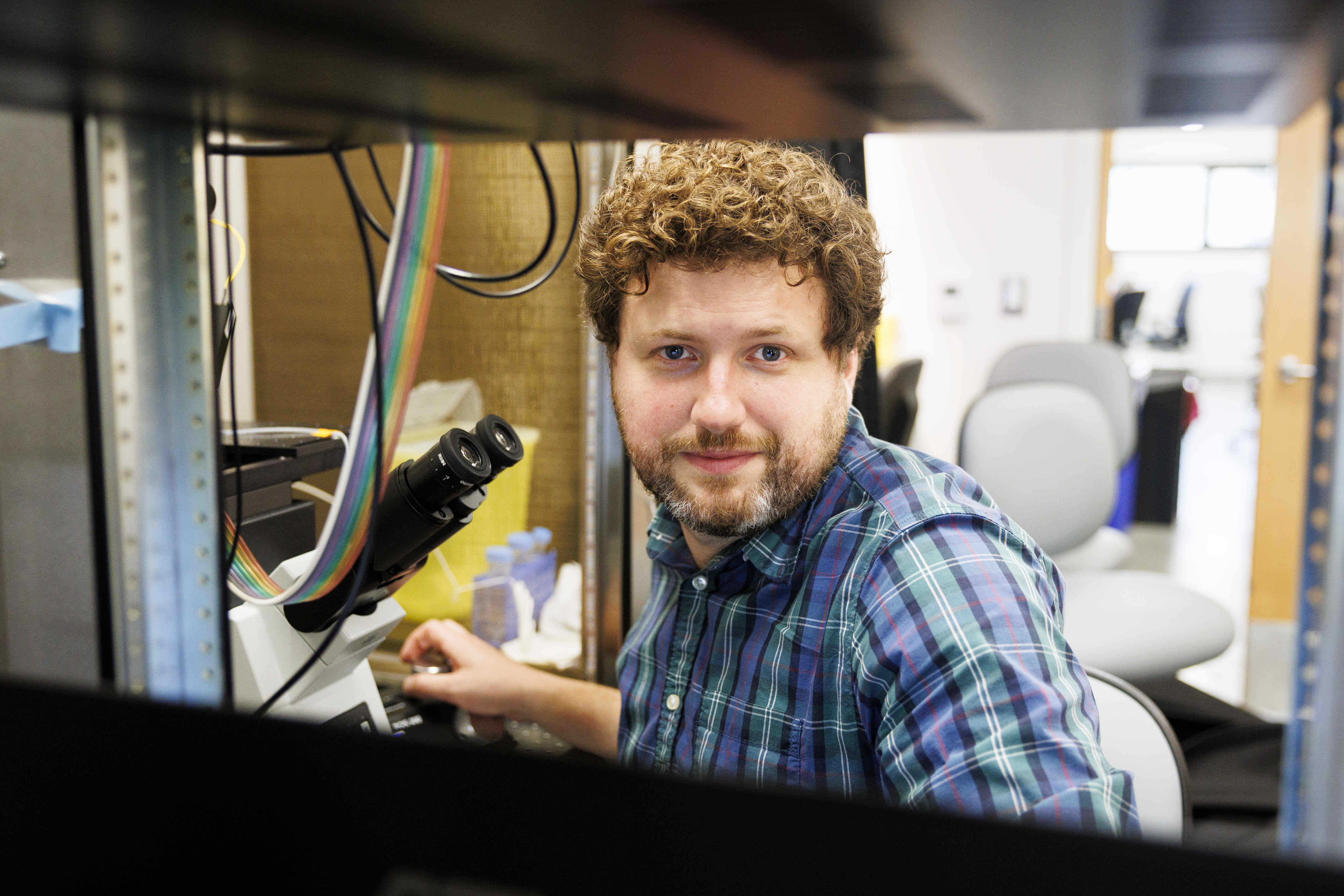fromSFGATE
3 months agoScientists conduct groundbreaking study in Calif.'s Death Valley National Park
Tested by the valley's extreme summertime heat, the flowering shrub Arizona honeysweet (Tidestromia oblongifolia) thrives. The humble-looking, seafoam green plant considers 113°F optimal for photosynthesis - the highest known temperature tolerance of any major crop species, according to new research. A team of scientists published the find on Friday in the journal Current Biology, revealing the plant's tricks for growing fast in heat and drawing lessons for how to engineer crops to withstand climate change.
Science

